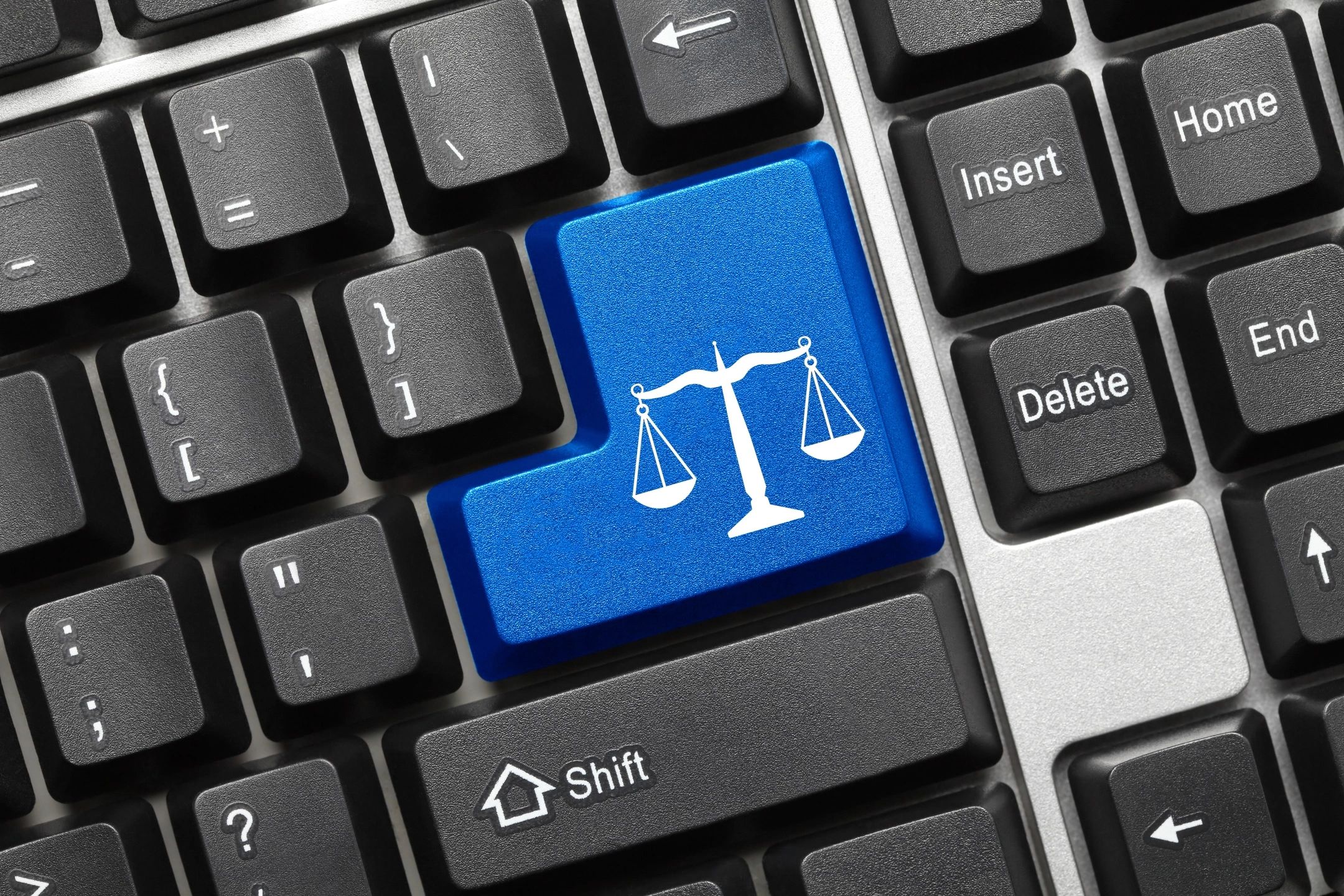One bittersweet effect of the coronavirus outbreak is a surge of interest in writing or updating wills. I say “bittersweet”, since any rush to write and execute your will sounds very morbid, but if anything motivates the large number of people without a will or with an outdated will to write one, it’s better to be motivated by something scary than not motivated at all.
One piece of news I saw this morning was that the island of Jersey introduced a temporary law allowing Jersey wills to be witnessed over video conference, scheduled to expire in September of this year. Failing to properly execute or witness a will has made the list of the top 101 estate planning mistakes, but given how well video conference witnessing can work (let alone advantages like leaving tamper-evident recordings of witnessing), I am surprised to see that this would be proposed as temporary rather than standard practice going forward. After all, more and more legal document signatures have been going electronic over the past 20 years, and more lawyers and clients are discovering that digital signatures are not just more convenient, but also more secure. As I wrote in my earlier STEP article on the upcoming “Digital Document Decade“, in person paper signatures no longer have any advantage over digital signatures.
Even if we go back to having our wills witnessed in person later this year, chances are that more of us will be doing those in person signature ceremonies on digital tablets rather than with ink. Since we’ve made the step to save the ink, why not also save the fuel and simply do the witnessing remotely as well?
This article is the opinion of its author, who is an investment advisor and not a lawyer, and so nothing here should be taken as legal advice of any kind. Please check with your lawyer about laws covering digital signatures and will witness requirements in your jurisdiction.

